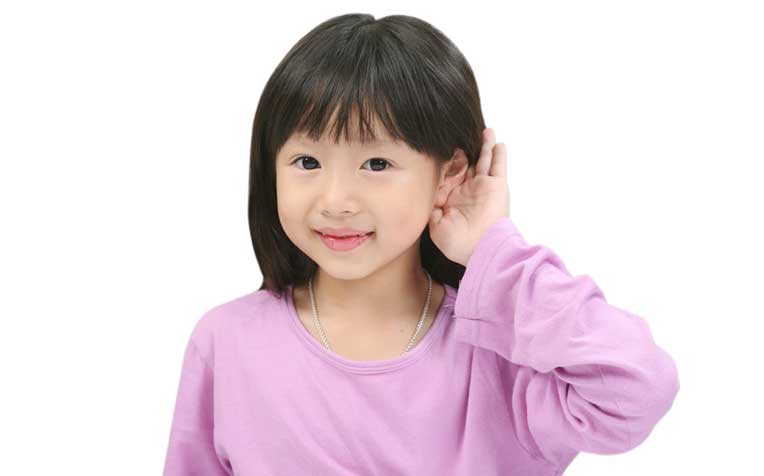
Protect your ears from loud noises to prevent potential hearing loss.
Hearing loss may be more prevalent in the elderly, but more and more youngsters are also at risk. Do any of the following scenarios apply to you?
Symptoms of hearing impairment in adults
- Your folks complain that the TV volume is too high or that you often speak too loud.
- You blast your MP3 player to hear the lyrics clearly.
- You ask people to repeat themselves because their speech sounds muffled.
- You give the wrong answers because you misunderstand the questions.
- There’s ringing in your ears.
If you recognise yourself in any of these situations, you may be among the estimated 8 per cent of Singaporeans who have hearing loss, according to the ENT (Ear, Nose & Throat) Centre, Singapore General Hospital (SGH), a member of the SingHealth group.
Symptoms of hearing impairment in young children
- In young children, the tell-tale signs of hearing impairment are different:
- The child has no startle response to loud sounds or doesn’t respond when called.
- The child misunderstands instructions or seems inattentive.
- The child always wants to raise the TV volume.
- The child’s vocabulary remains limited, considering his or her age.
- The child gets frustrated in noisy environments or during group activities
What is hearing loss?
Hearing loss is the total or partial inability to hear sound in one or both ears. It usually develops gradually over the years, so you may not realise it until the damage is done. The severity of the hearing impairment is measured in decibels (dB). A person with normal hearing can hear sounds under 20 dB. However, if the best the person can do is, say, hear a whisper in a quiet library (about 30 dB), he/she can be considered as having a mild hearing loss.
What are the different degrees of hearing loss?
| Degree of Hearing Loss | Measured in Decibels (dB) | Communication Difficulties |
|---|---|---|
| Mild | 26 - 40 dB | Unable to hear very soft sounds, few/minor problems with speech clarity. |
| Moderate | 41 - 55 dB | Unable to hear soft speech, speech clarity affected especially in background noise. |
| Moderately Severe | 56 - 70 dB | Difficulty hearing conversations most of the time, louder sounds can be heard. |
| Severe | 71 - 90 dB | Much difficulty hearing conversations, some loud sounds may be heard. |
| Profound | 91 dB and over | Difficulty hearing very loud sounds, rely heavily on lip-reading for communication. |
Tips to protect your ears from hearing loss
- Wear ear plugs if you have to be in a noisy environment such as a club or when you are operating noisy equipment.
- Limit the time that you are exposed to loud sounds.
- Take frequent breaks to rest your ears.
- Lower the volume of the TV, car stereo and MP3 player.
- Be especially mindful if you are using headphones to listen to music.
- Consult your health officer or superior at work if you find the noise levels at your workplace unacceptable.
- Avoid using sharp objects to clear earwax as they may damage the eardrum. Ears already have a self-cleaning system where skin from the ear canal migrates outwards, taking the earwax along with it.
Special tip for children
- Avoid children’s toys that emit loud sounds like sirens or make sure that they don’t hold them close to their ears.
Ref. U11
Contributed by














 Get it on Google Play
Get it on Google Play